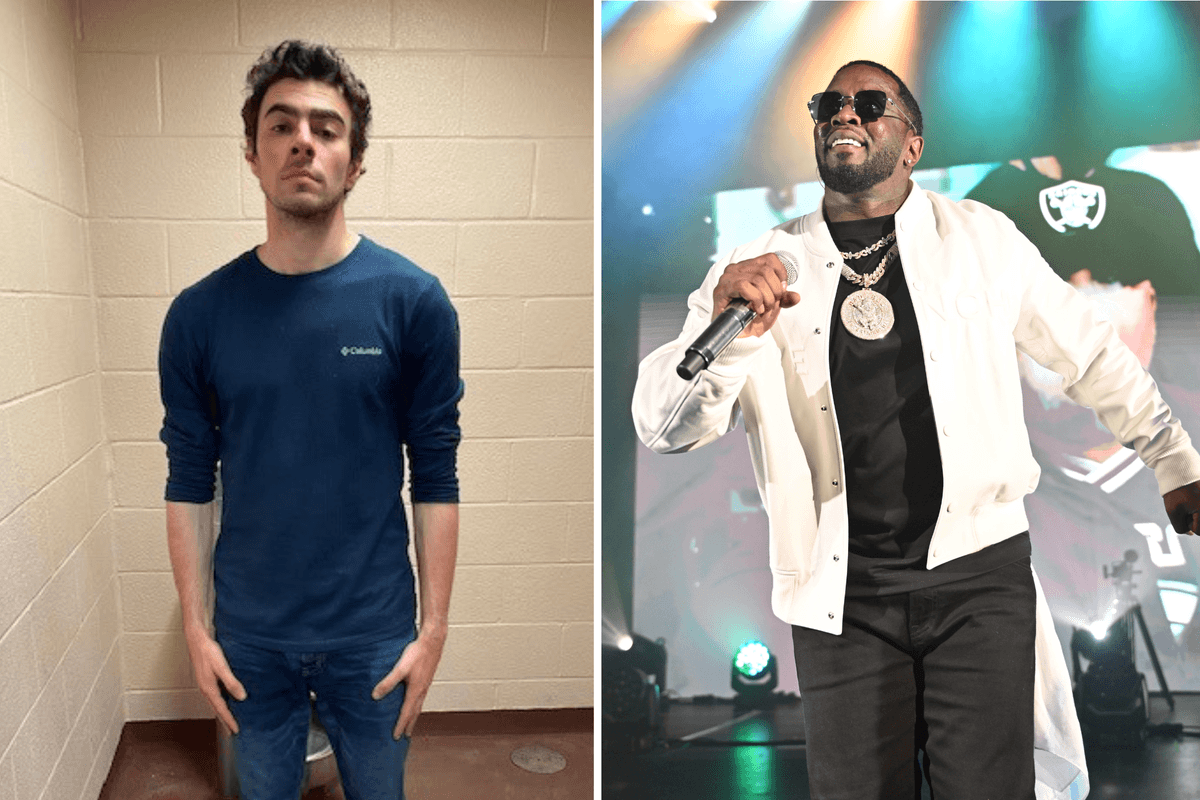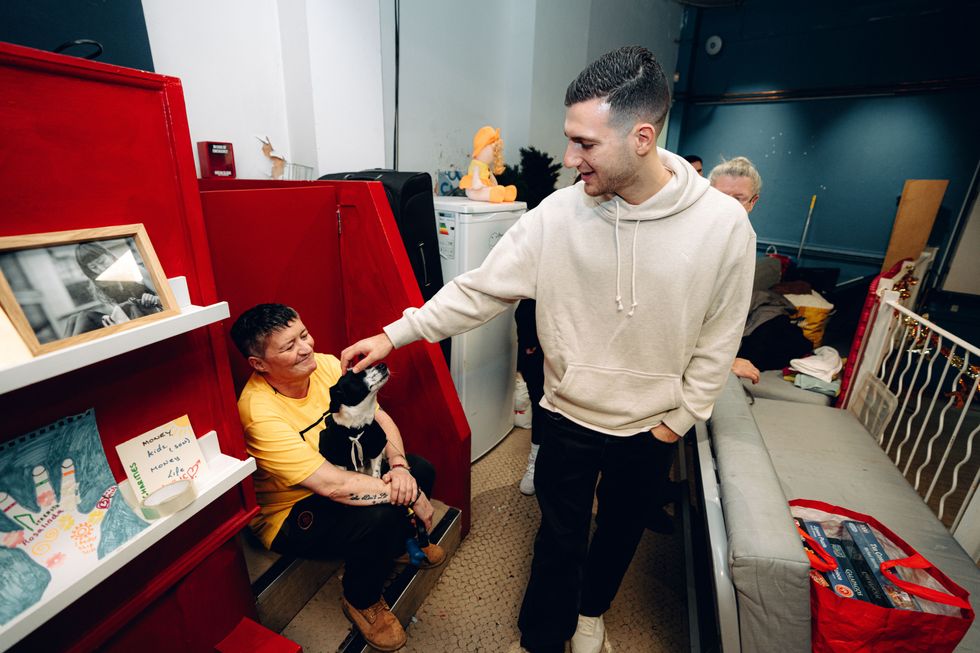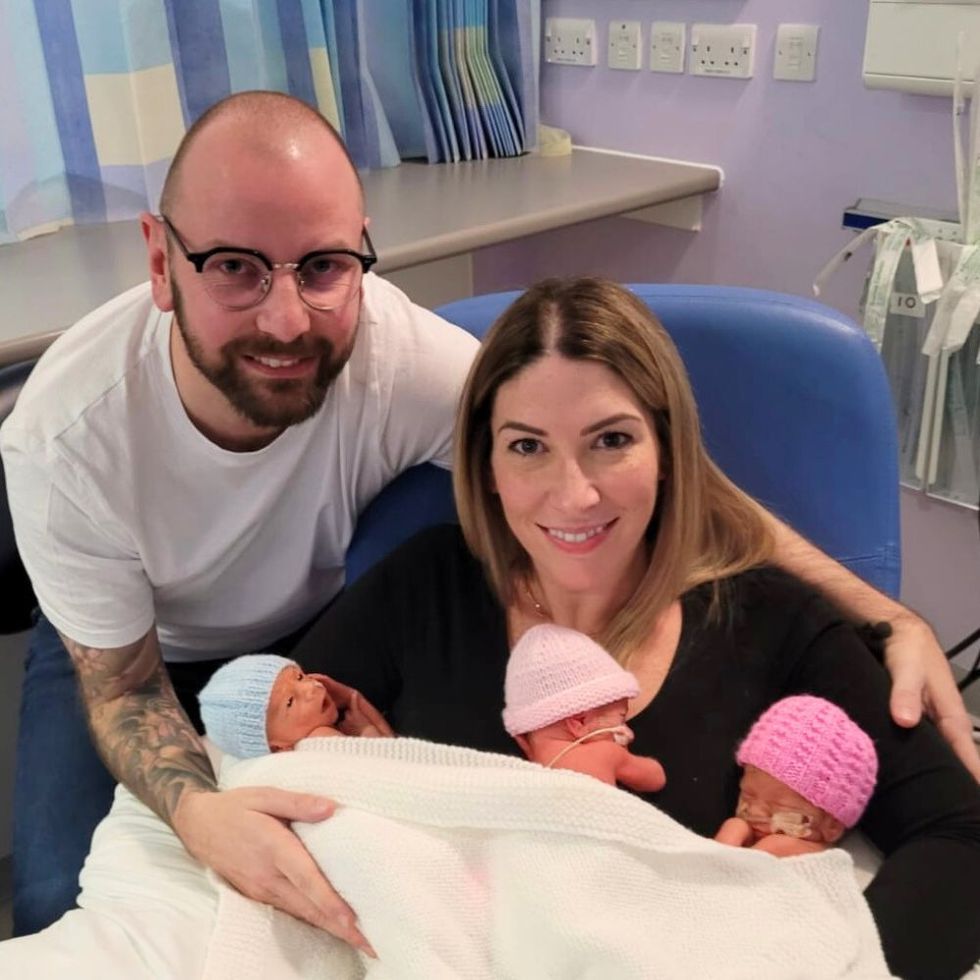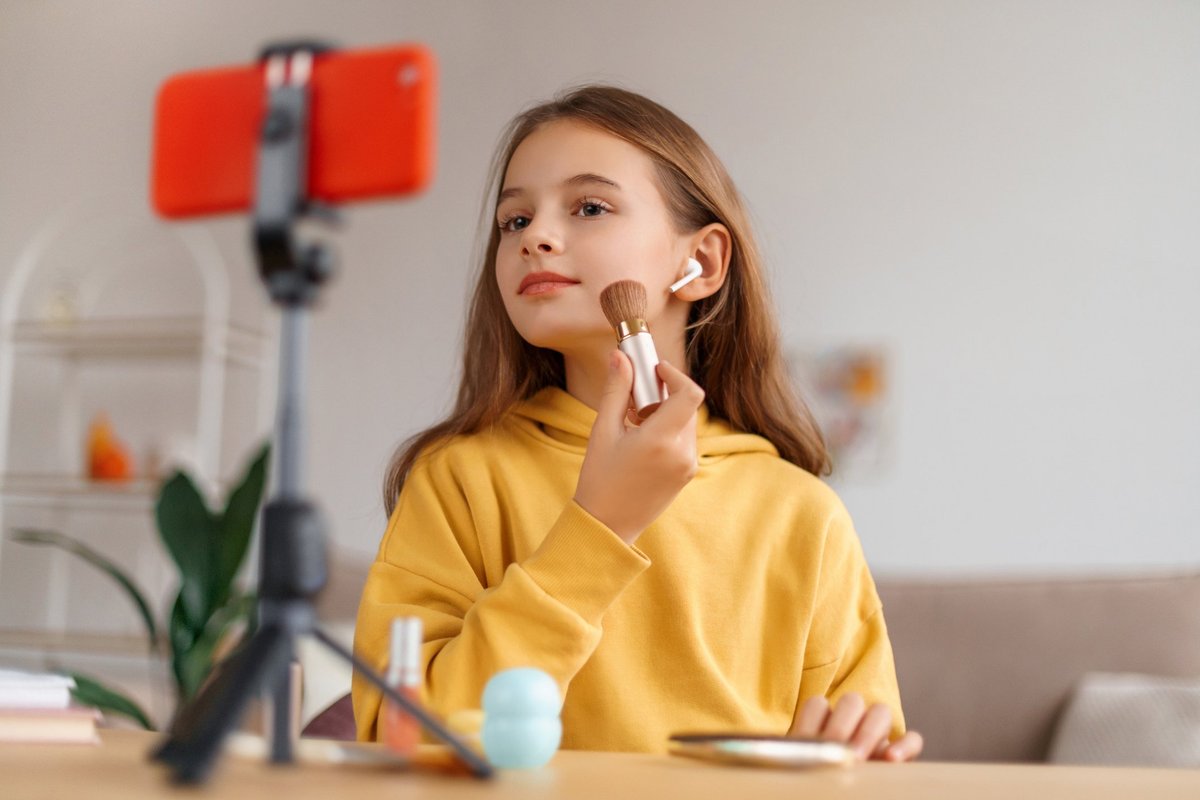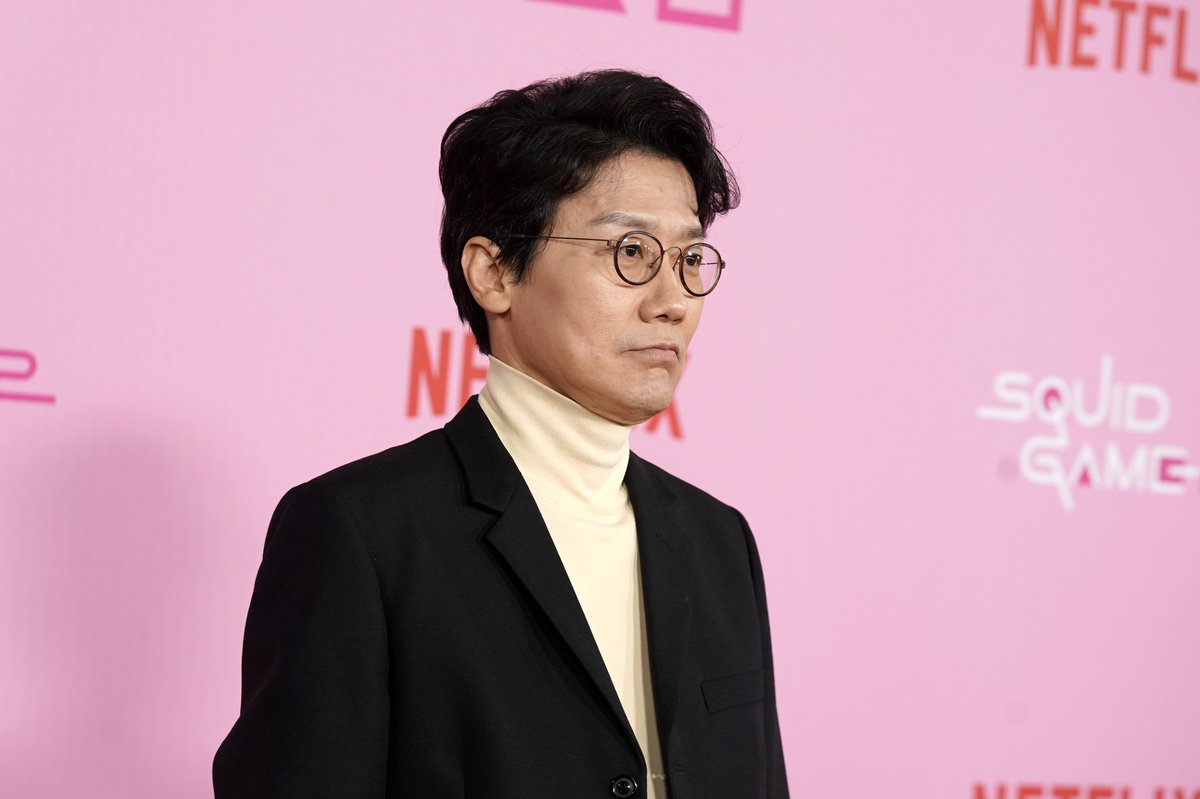Science & Tech
Ana Swanson
Jan 11, 2017
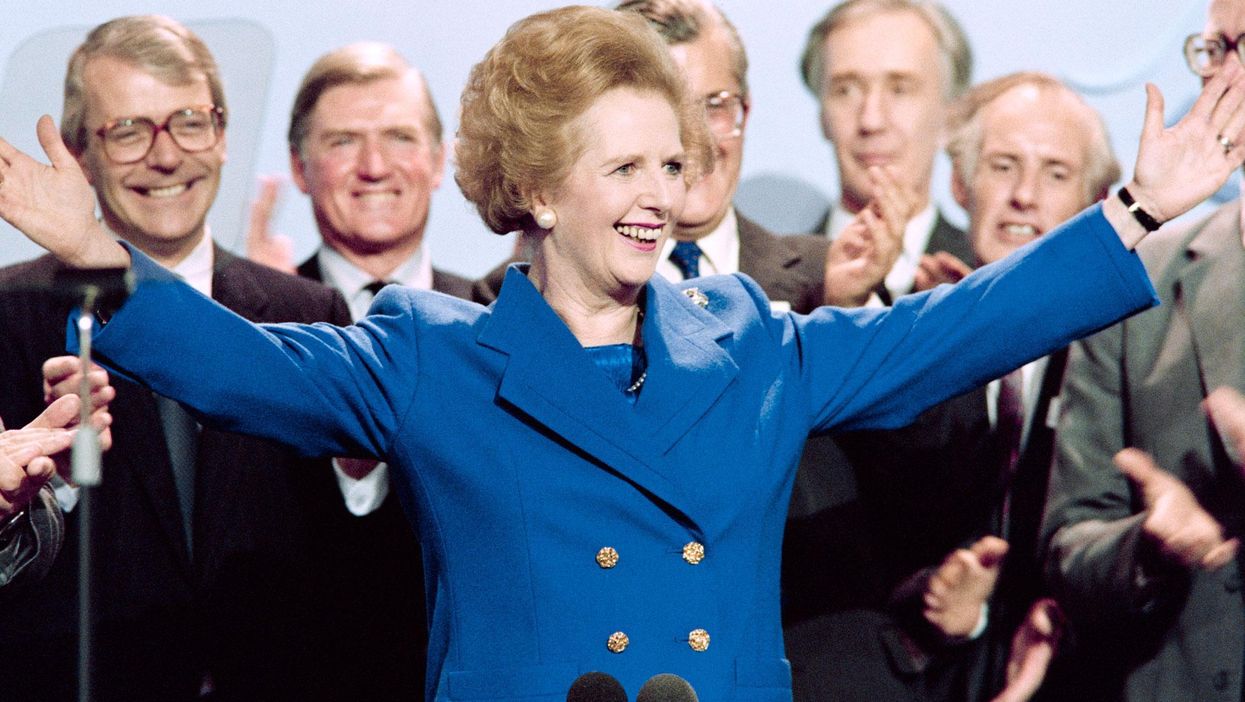
Research has found that being attractive influences many things in a person's life -- their salary, their popularity and grades in school, even the prison sentences they receive. So why not their politics?
A recently published study in the Journal of Public Economics concludes that the attractiveness of a candidate does correlate with their politics. They find that politicians on the right are more good looking in Europe, the United States and Australia.
The study shows correlation, not causation, but the researchers float a simple economic explanation for why this might happen. Numerous studies have shown that good-looking people are likely to earn more, and that people who earn more are typically more opposed to redistributive policies, like the progressive taxes and welfare programs favored by the left.
The researchers also offer a more general psychological explanation for the trend: That good-looking people are often treated better than others, and thus see the world as a more just place. Past studies have found that the more attractive people believe themselves to be, the lower their preference for egalitarianism, a value typically associated with the political left.
In their first experiment, the researchers showed respondents photographs of political candidates in Finnish municipal and parliamentary elections, members of the European Parliament, U.S. candidates for Senate and governor, and candidates for Australia's House of Representatives. They asked participants to rate the photographs on a five-point scale. The results suggested that politicians on the right are more beautiful on all three continents.
In a separate experiment, the researchers analysed elections in Finland. They say these elections are easier to study because most races feature multiple candidates competing for office -- in contrast to races in the United States, which typically have just two major candidates.
The researchers found that Republican voters care more about appearance than Democratic voters do, but only if the voters don't have much information about the candidates and have to rely largely on appearance -- in city-level elections, for example.
But in elections that give voters a lot of information -- like parliamentary elections when candidates are well covered by TV news and in the newspaper -- politicians' appearance matters equally to voters regardless of party or ideology.
In low-information city elections, a beauty increase of one standard deviation attracts about 20 percent more votes for the average candidate on the right and about 8 percent more votes for the average candidate on the left, the study finds. In high-information parliamentary elections, the figure is roughly 14 percent for candidates on both the left and right.
The researchers also suggest that voters correctly see candidates who are more good looking as more likely to be conservative. When voters don't know much about candidates, they tend to use beauty as a cue for ideology.
Washington Post
Top 100
The Conversation (0)




